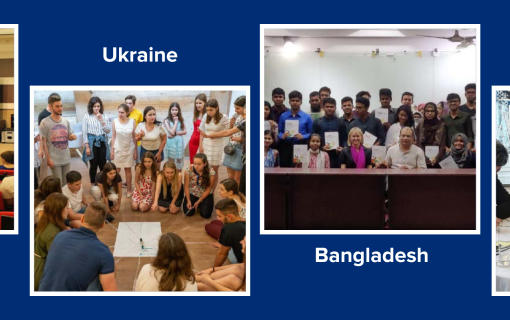Report on East Africa Election Administration Symposium
Summary
From August 3-7, 1997, IFES convened twenty-three members and staff of African election commissions in Arusha, Tanzania to participate in a gathering entitled "East Africa Election Administration Symposium: Building Staff, Building Connections." The meeting was facilitated by Keith Klein, IFES Director of Programs for Africa and the Near East; Joe Baxter, IFES Senior Advisor on Election Administration; Ana Barradas, a Portuguese election administration consultant; and Dumile Mzaidume, Director of the Local Government Programme at the Institute for Democratic Alternatives in South Africa (IDASA). The symposium was organized in fulfillment of a proposal submitted to the Center for Democracy and Governance in the Global Bureau on June 6, 1997 ("Election Administration Mini-University"), and was funded through IFES' Core Cooperative Agreement. The purpose of the symposium, as outlined in the project proposal, was to provide an opportunity for participants and conference facilitators to go beyond the general discussions that are commonplace at conferences on democracy, governance and election administration; and to fill the gap between the usual conference discussion and actual skills transfer, skills development and capacity-building initiatives in an intensively studied subject.
The symposium actually dealt with two subjects: electoral commission staffing and staff development, and commission outreach to political parties, NGOs and the media. The reaction of the participants at the conclusion of the symposium was quite positive, and indicated that the project objective had been successfully achieved. This gathering was well-received particularly because the participants took a very active role from the planning stages through the conduct of each symposium session. With the use of round-table discussion techniques, role plays and brainstorming sessions, the mixture of electoral commission members and staff were able to feel that they, not merely the facilitators, were the architects of the symposium.
Read the full report.








